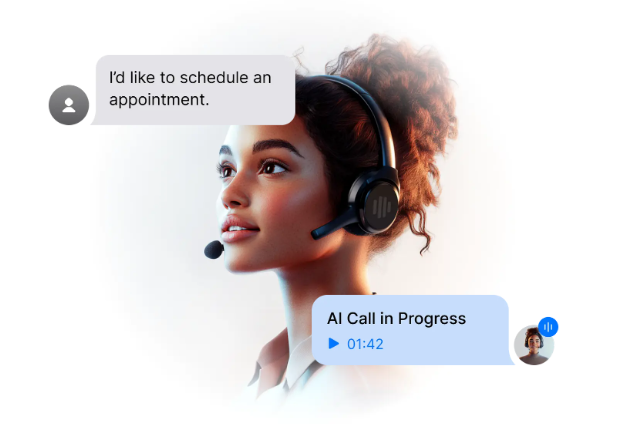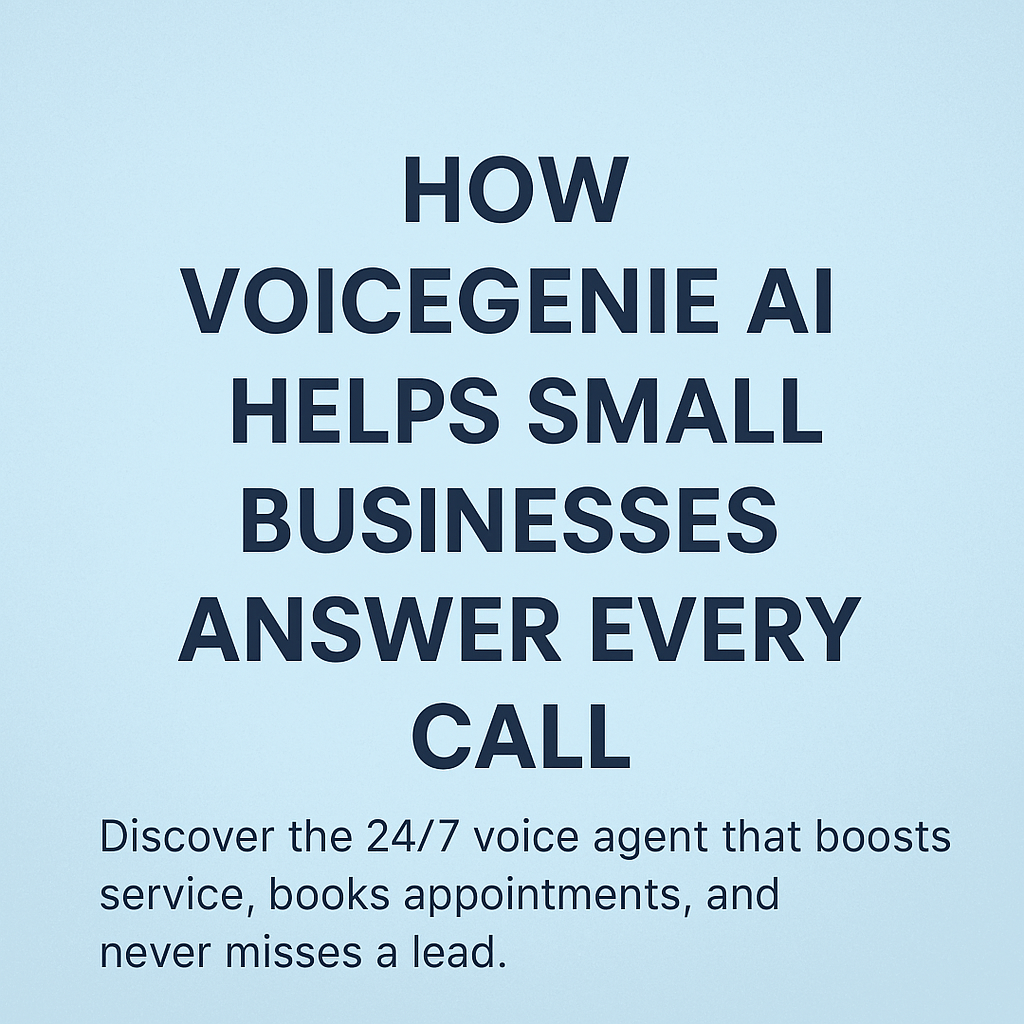Generative AI in Business: A Strategic Asset or a Potential Pitfall?
How to Harness AI for Long-Term Success While Avoiding Common Missteps

Artificial intelligence (AI) is transforming the business landscape, with generative AI at the forefront of innovation. From boardrooms to investor meetings, its promise of efficiency and profitability has businesses eager to adopt this technology. However, the rush to integrate AI often leads to missteps, with organizations chasing hype over strategic utility.
Generative AI, like any tool, delivers value only when aligned with clear business objectives. Drawing from decades of experience in SaaS and B2B innovation, this blog explores how businesses can strategically integrate AI to drive success while mitigating risks.
Start With a Clear Business Case
Avoid the "Solution in Search of a Problem" Trap
AI often enters conversations as a shiny new solution, but effective integration begins with identifying real business challenges. Ask yourself:
- What pain points do our customers face?
- What inefficiencies hinder our operations?
By starting with measurable goals, businesses can ensure AI solutions are purpose-driven. For example, when exploring AI integration, my team focused on improving customer workflows, increasing speed to market, and enhancing profitability—all objectives tied directly to our audience’s needs.
Engage Customers Early
Involve customers from the outset to understand their challenges and validate potential use cases. This feedback loop ensures AI initiatives address real-world problems and helps uncover opportunities you might have overlooked. Customer insights keep your AI projects grounded and aligned with market demands.
Align Your Entire Organization
Cross-Department Collaboration is Key
AI implementation impacts every department, from marketing to customer support. Each team must understand how AI supports its goals and contributes to overall business success. This requires:
- Clear Communication: Business leaders must articulate the "why" behind AI adoption, connecting it to each department’s objectives.
- Strategic Planning: Develop marketing strategies, go-to-market plans, and updated value propositions to align AI initiatives with competitive positioning.
Upskill Your Workforce
Training employees is essential. A May 2024 Microsoft report found that only 39% of employees using generative AI receive proper training. Workshops, tutorials, and certifications empower teams to use AI effectively, turning it into a tool for innovation rather than a source of intimidation.
Foster a Collaborative Culture
Encourage experimentation and teamwork. Employees should see AI as a partner in achieving goals, not a threat to their roles. This mindset shift ensures smooth adoption and maximizes the technology’s potential.
Anticipate Ethical and Practical Challenges
Address Ethical Concerns Early
Generative AI raises critical issues such as data privacy, algorithmic bias, and transparency. Ignoring these can lead to reputational damage or regulatory backlash. Ethical AI practices include:
- Auditing data sources for bias.
- Ensuring AI models are explainable.
- Being transparent with stakeholders about how AI-powered decisions are made.
Prepare for Rapid Change
The AI landscape evolves quickly. What works today might be obsolete tomorrow. Businesses must adopt a mindset of continuous improvement, allocating resources for ongoing R&D and remaining agile to pivot as new technologies emerge.
Keep AI Human-Centered
Balance Automation with Empathy
AI excels at handling repetitive tasks, but human connection remains irreplaceable. Businesses should aim to complement human capabilities, not replace them. For instance:
- Use chatbots for common customer queries.
- Escalate complex issues to human agents for personalized solutions.
Lead with Purpose
Executives play a crucial role in modeling thoughtful AI integration. By prioritizing human-centric outcomes, leaders can drive technological innovation while maintaining customer trust.
Thoughtful Integration is Key Generative AI is a powerful tool, but it’s not a strategy in itself. To unlock its potential, businesses must:
- Start with a clear business case.
- Ensure organizational alignment.
- Anticipate challenges.
- Maintain a human-centered approach.
When used thoughtfully, AI can amplify business goals, enhance customer relationships, and secure long-term competitive relevance. The question isn’t whether to adopt AI but how to integrate it meaningfully into your business strategy. By focusing on real value rather than fleeting trends, companies can ensure generative AI drives sustainable innovation and success.










